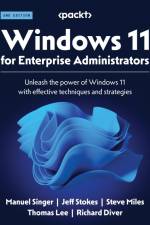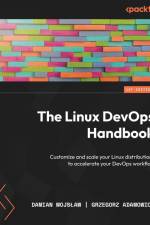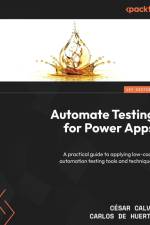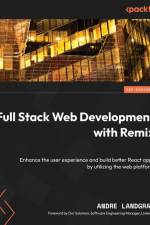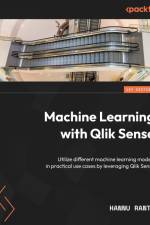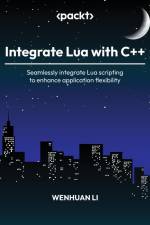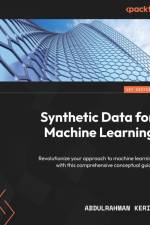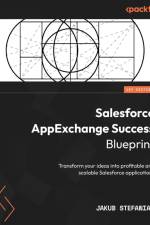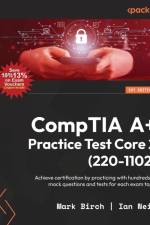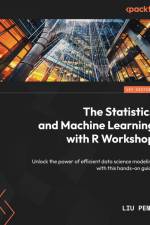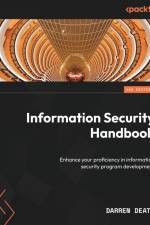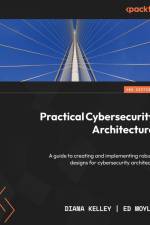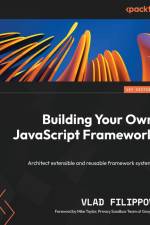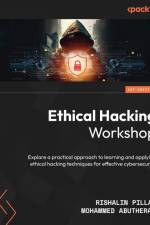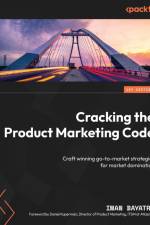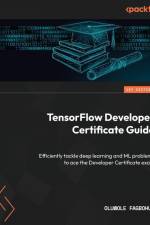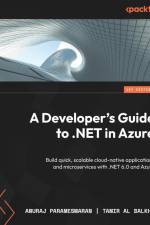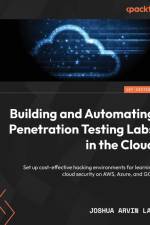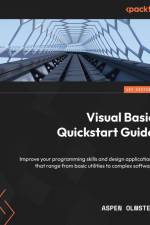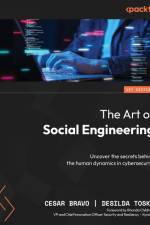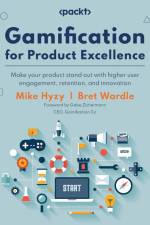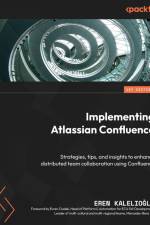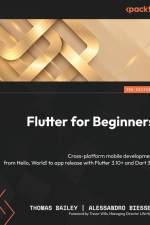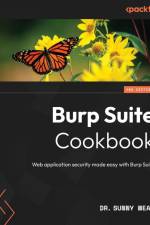av Aspen Olmsted
619,-
Master software development with Visual Basic, from core concepts to real-world applications, with this comprehensive guideKey Features:Acquire a solid understanding of object-oriented programming (OOP) principles, such as inheritance and polymorphismDevelop expertise in maintaining legacy code with increased efficiencyLearn to read, write, and differentiate between VB Script, VBA, VB Classic, and VB.NET CodePurchase of the print or Kindle book includes a free PDF eBookBook Description:Whether you're an absolute beginner or an experienced developer looking to learn the Visual Basic language, this book takes a hands-on approach to guide you through the process. From the very first chapters, you'll delve into writing programs, exploring core concepts such as data types, decision branching, and iteration. Additionally, you'll get to grips with working with data structures, file I/O, and essential object-oriented principles like inheritance and polymorphism.This book goes beyond the basics to equip you with the skills to read and write code across the entire VB family, spanning VB Script, VBA, VB Classic, and VB.NET, enabling you to handle legacy code maintenance with ease.With clear explanations, practical examples, and hands-on exercises, this book empowers you to tackle real-world software development tasks, whether you're enhancing existing projects or embarking on new ones. It addresses common challenges like distinguishing between the variations of the VB programming language to help you choose the right one for your projects.Don't let VB's extensive legacy daunt you; embrace it with this comprehensive guide that equips you with practical, up-to-date coding skills to overcome the challenges presented by Visual Basic's rich history of over two decades.What You Will Learn:Acquire a solid understanding of object-oriented programming (OOP) principles, such as inheritance and polymorphismDevelop expertise in maintaining legacy code with increased efficiencyLearn to read, write, and differentiate between Visual Baic Script, Visual Baic for Applications, Visual Baic Classic, and VB.NET CodePurchase of the print or Kindle book includes a free PDF e-bookWho this book is for:If you're a software developer or web developer either already engaged in or aspiring to be involved in maintaining, enhancing, administering, and defending visual basic programs, websites, and scripts, this book is for you. It's an excellent resource for beginners in software development who want to learn Visual Basic from scratch.



